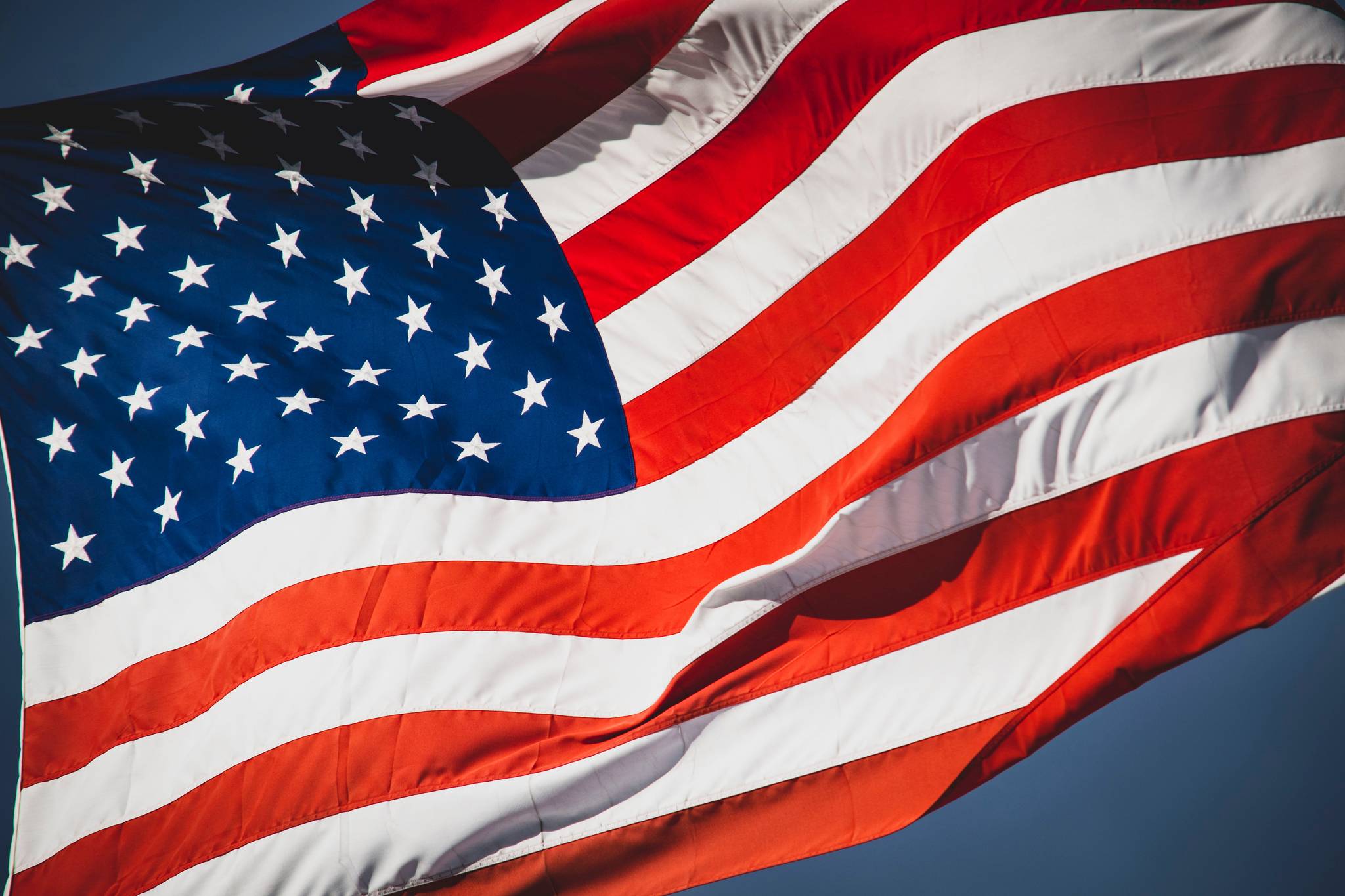By Win Gruening
In 1962, President John Kennedy issued Executive Order 10988, paving the way for federal workers to organize and bargain collectively.
Few knew then the far-reaching effects of that order.
During the ’60s and ’70s, states and cities followed with a flood of laws granting state and local public employees collective-bargaining rights. These laws required government employers to negotiate with unions regarding pay, benefits, and working conditions. They also required nonmembers to pay so-called “agency fees” to the union for its representation.
After the initial surge, the public-sector unionization rate remained steady for 40 years, with around 40% of government workers unionized. That rate began declining in 2011, due to passage of right-to-work laws in Michigan, Wisconsin, Indiana, Kentucky and West Virginia.
In the last decade, government-labor relations has become intensely political. It has topped many state legislative agendas and been the subject of litigation in state and federal courts, including the Supreme Court.
The cost of union-negotiated public-sector pay and benefits, which can exceed what comparable private sector workers earn, combined with hundreds of billions of dollars in unfunded pension liabilities for retired government employees, are crushing state and city budgets.
This has led many governors to attempt to roll back overly generous public-sector union contracts hoping to reduce the cost of government and improve employee efficiency.
Right-to-work laws now exist in 27 states, guaranteeing that no person can be required, as a condition of employment, to join a union, nor to pay dues to a labor union.
In 23 other states, including Alaska, where public sector employees have been forced to join the union or pay agency fees, worker dissatisfaction has continued to mount with escalating annual union dues that increasingly are funneled to local, state, and federal political campaigns. Often, unions take political positions and make contributions to candidates and causes in direct conflict with many union members’ own wishes.
An egregious example of this was when the Los Angeles teachers union demanded, as a condition for re-opening schools last fall, a federal school bailout of $500 billion; Medicare for All; a $10 billion wealth tax; a $4.5 billion millionaire tax; defunding of the police; and eliminating charter schools.
Yet, teachers who disagreed had no recourse but to continue paying union dues if they wanted to keep their jobs.
In 2018, the U.S. Supreme Court’s landmark Janus decision affirmed the First Amendment rights of all public employees. No longer can state or local government employees be forced, in order to take or keep a job, to belong to or pay union dues unless they “affirmatively consent” to do so. Agency fees are now illegal in all 50 states. In short, the decision extended right-to-work to all public-sector workers throughout the country.
But the fight is far from over.
Some states making it more difficult to leave a union. Many workers remain unaware of their rights under Janus.
In Alaska, Gov. Mike Dunleavy issued an administrative order in 2019 making it easier for workers to know their rights through an “opt-in” program where unionized state employees affirmatively agree to have union dues deducted from their paychecks.
Under Alaska’s new policy, state workers must declare each year that they want to opt into the union and acknowledge they are not required to have such representation.
Unions immediately filed objections to this interpretation of the Janus decision and a judge temporarily halted implementation. But, while the legal case advances, public employees still have the right to “opt-out”
Predictably, union opposition to Janus in Alaska has reached hyperbolic proportions. The leadership of NEA-Alaska, representing our state’s teachers, is begging employees to ignore social media ads advising of them of their right to “opt-out” and declaring the ads are seeking to “destroy unions and public education across America”.
Nothing in the Janus decision suggests that. Individuals must have the right, but cannot be compelled, to join a labor union. Union membership, whether you’re a teacher, police officer, ferry worker or clerk, should be a personal choice with each person weighing the pros and cons of joining.
That is the freedom all Americans enjoy under the First Amendment.
• After retiring as the senior vice president in charge of business banking for Key Bank in Alaska, Win Gruening became a regular Opinion Page columnist for the Juneau Empire. He was born and raised in Juneau and graduated from the U.S. Air Force Academy in 1970. He is involved in various local and statewide organizations and currently serves on the board of the Alaska Policy Forum. Columns, My Turns and Letters to the Editor represent the view of the author, not the view of the Juneau Empire. Have something to say? Here’s how to submit a My Turn or letter.

